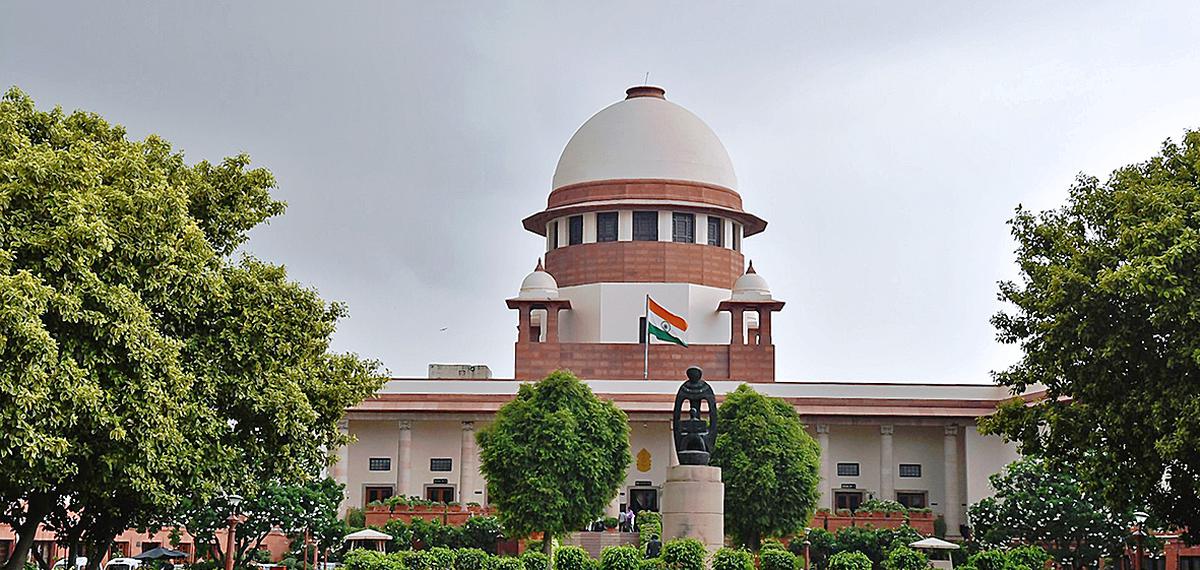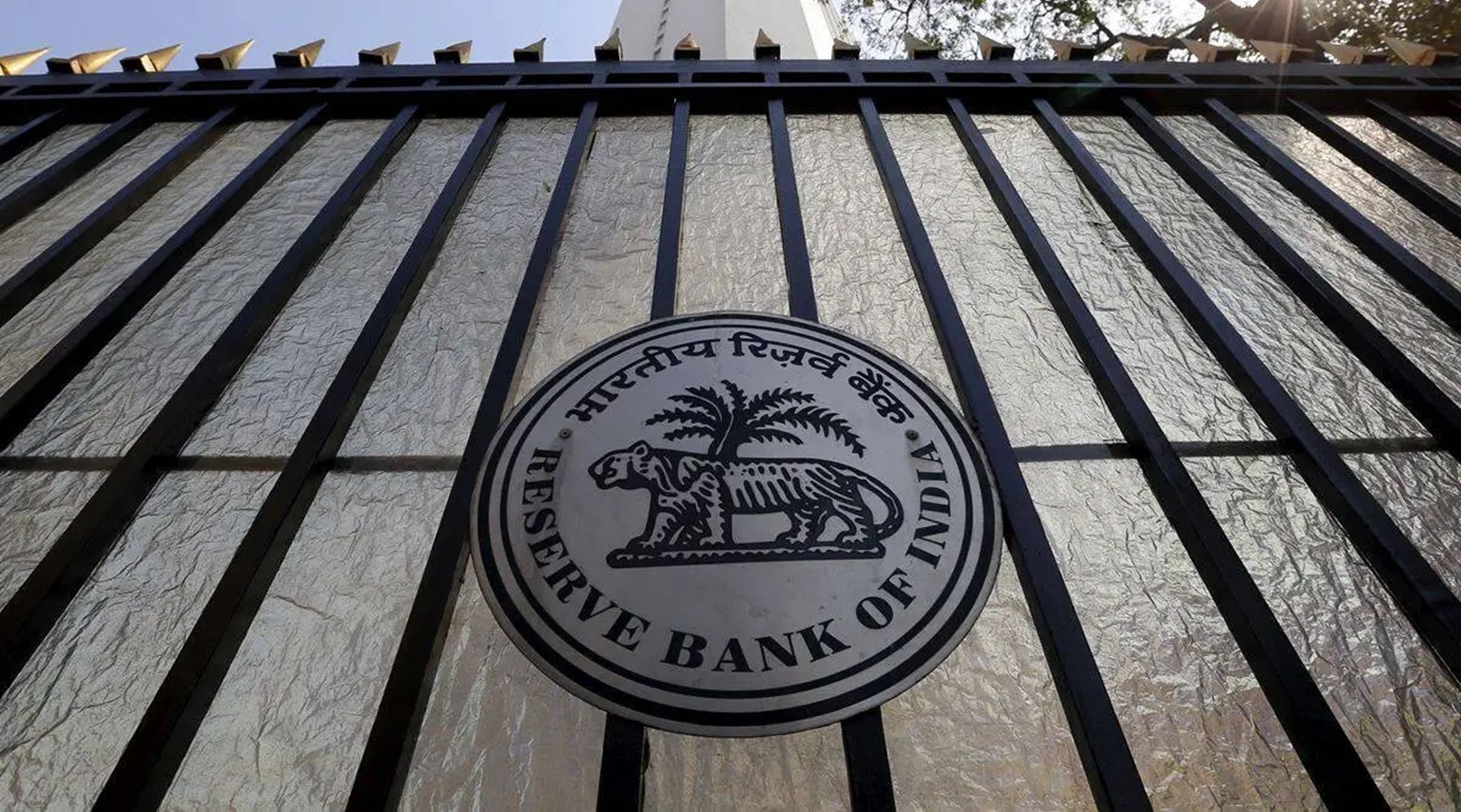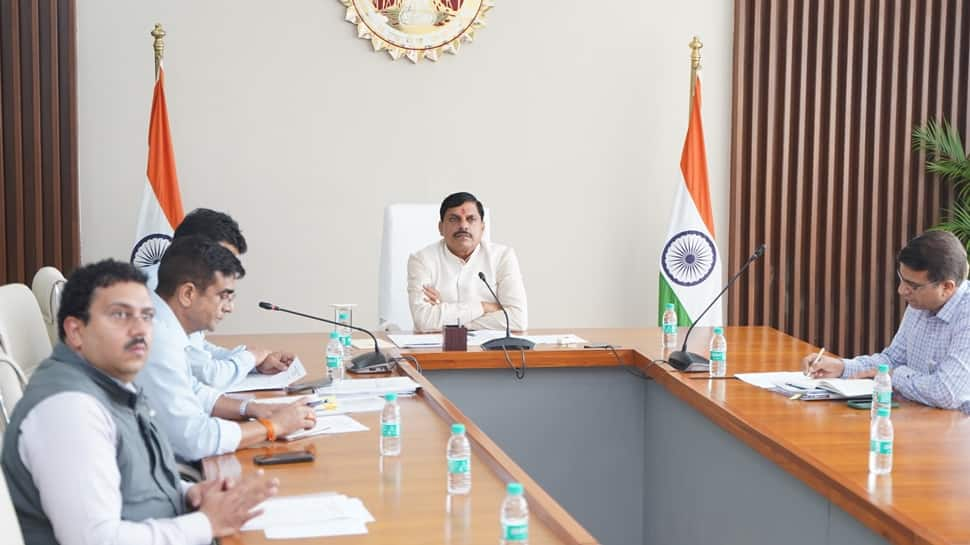SC frames SOP

SC frames SOP
The Supreme Court has unequivocally declared that courts must abstain from summoning government officials as their “first resort,” deeming it impermissible to frequently call upon them without just cause. The Court, led by the Chief Justice, has established a Standard Operating Procedure (SOP) to be followed by courts nationwide when seeking the presence of government officials. According to the apex court, the repeated summons of government officials instead of relying on government-appointed law officers contradicts the constitutional framework. The Court emphasised that officials’ appearance should not become a routine measure, and the power to summon them should not be wielded as a tool to exert pressure on the government, especially under the threat of contempt. The judgement emphasised the need for courts to exercise restraint, avoid unwarranted remarks against public officials, and recognise the role of law officers representing the government. The SOP explicitly states that officials should not be summoned solely because their affidavit differs from the court’s view. Instead, matters should be decided based on existing records if possible.
The Indian Constitution, characterised by its comprehensive nature, meticulously delineates the roles of each democratic pillar. Any endeavour to disrupt this delicate equilibrium is met with the intervention of the Supreme Court, which adeptly restores a semblance of equilibrium. Repeatedly, both the Supreme Court and High Courts exhibit a reluctance to intercede in numerous public interest litigations (PILs), asserting that policymaking remains the exclusive prerogative of the elected government. They steadfastly refuse to usurp the government’s role. The formulation of rules and regulations is deemed the purview of the executive, guided by governmental directives, with the courts barred from dictating in such matters. Judges, time and again, exemplify prudence by abstaining from entangling themselves in matters beyond their jurisdiction. Courts adhere to a meticulously defined procedure, and legal cells within every department diligently guide authorities and represent cases in various judicial forums. Instances of non-compliance with court orders are treated with gravity, prompting contempt proceedings, albeit after affording ample opportunities to rectify lapses. Recognising the need for government officials to discharge their duties, courts refrain from summoning them unless it is imperative.
Despite the existence of established protocols, certain courts occasionally err in their judgements, necessitating intervention by the Supreme Court to underscore jurisdictional boundaries. Standard Operating Procedures are reiterated to re-establish order. This landmark judgement emphatically reinstates the principle that no one, including judges, is immune to the law. The Supreme Court has once again demonstrated its mettle by delivering a verdict that lucidly delineates the constraints of judicial authority and the prerogatives of the executive, where judicial intervention is impermissible. Regrettably, the focal point of this consequential legal battle was the post-retirement benefits of judges, casting it as a regrettable exemplar of a power struggle.
The Supreme Court’s explicit directives act as a safeguard against unwarranted judicial overreach, reinforcing the sanctity of the separation of powers. This verdict, with its clear verdict, unequivocally underscores the Court’s commitment to upholding the rule of law and maintaining a delicate balance between the judiciary and the executive. Judicial decisions carry far-reaching implications for government functioning, underscoring the importance of leaving consequential actions against erring officials in the hands of the government. The recent impartial verdict from the Supreme Court delineates clear boundaries, resolving potential conflicts between the judiciary and the executive. This ruling, serving as a conclusive resolution, guarantees the fluidity of court proceedings. While officials gain respite, it is imperative for them to comprehend their roles and obligations. Each democratic pillar must embrace its responsibilities judiciously, fostering the harmonious functioning of the system.
The post SC frames SOP appeared first on DailyExcelsior.




